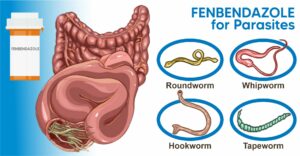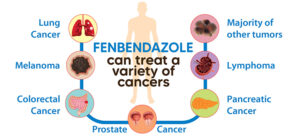Cancer – it’s a word that brings up a lot of feelings, worries, and questions. As treatments continue to evolve and research makes new discoveries, the medical world is always searching for fresh and effective methods to fight this widespread disease.
Lately, two alternative treatments have caught the attention of both researchers and patients: Sodium Dichloroacetate (DCA) and Fenbendazole. These therapies are emerging as interesting options in the ongoing battle against cancer.
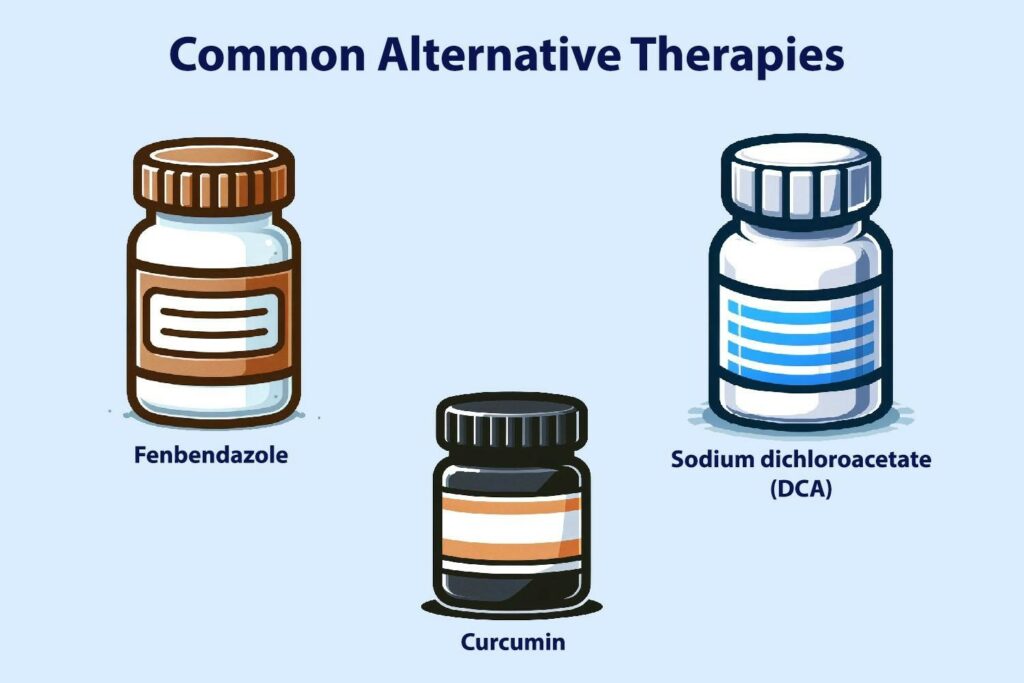
Sodium Dichloroacetate (DCA) – A Potent Anticancer Medication
The resurgence of Sodium Dichloroacetate (DCA) in cancer treatment is sparking new hope for those looking for affordable and accessible options. Originally used for rare metabolic disorders, DCA’s potential as a cancer-fighting agent has been highlighted by impressive results in animal studies.
Dr. Evangelos Michelakis’s groundbreaking work revealed that DCA, a simple and cost-effective powder, significantly reduced tumor sizes in rodents implanted with human cancer cells including brain, breast, lung, and almost all other types of cancers, without causing harmful side effects. This aligns with existing human data from its use in treating metabolic disorders.
The effectiveness of DCA in treating cancer is linked to its ability to revive mitochondrial functions, enhancing cellular energy production and leading to the death of cancer cells. With minimal side effects, DCA stands out as a candidate for urgent human trial exploration.
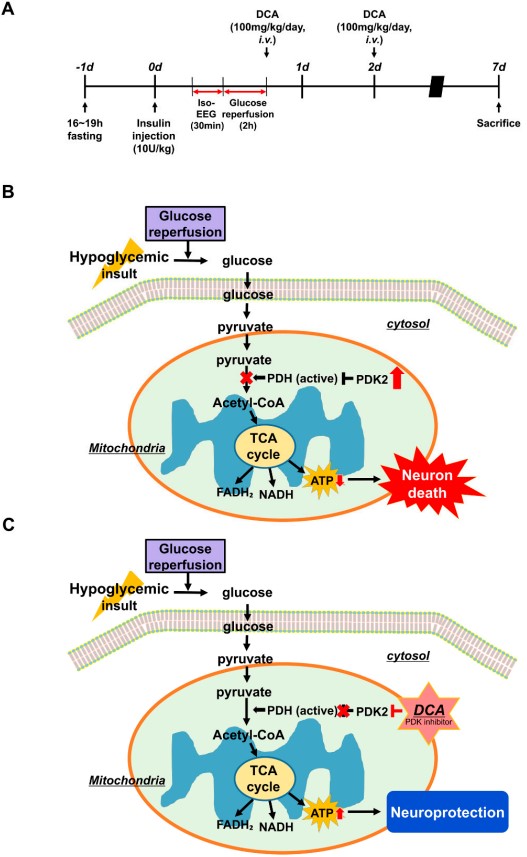
However, its path to becoming a mainstream cancer drug faces a significant hurdle – the absence of an up-to-date patent. This lack of patent protection means there’s little financial incentive for pharmaceutical companies to fund clinical trials, posing a unique challenge for this potentially life-changing treatment. Sodium DCA is struggling to secure the necessary funding for its final clinical studies, which are crucial before it can be approved as a universally accessible and affordable cancer treatment.
Dr. Michelakis faced funding obstacles in advancing his research. Support from the academic world and perhaps government entities could be crucial. The development of DCA as a cancer treatment is critical, yet it is hampered by the conventional, profit-driven pharmaceutical industry.
It’s essential to stay alert to alternative funding sources or public interest to navigate a way for DCA to meet global health needs. This is especially urgent considering the widespread impact of cancer and the growing demand for money-saving treatment options.
Fenbendazole - From Deworming Pets to Fighting Cancer
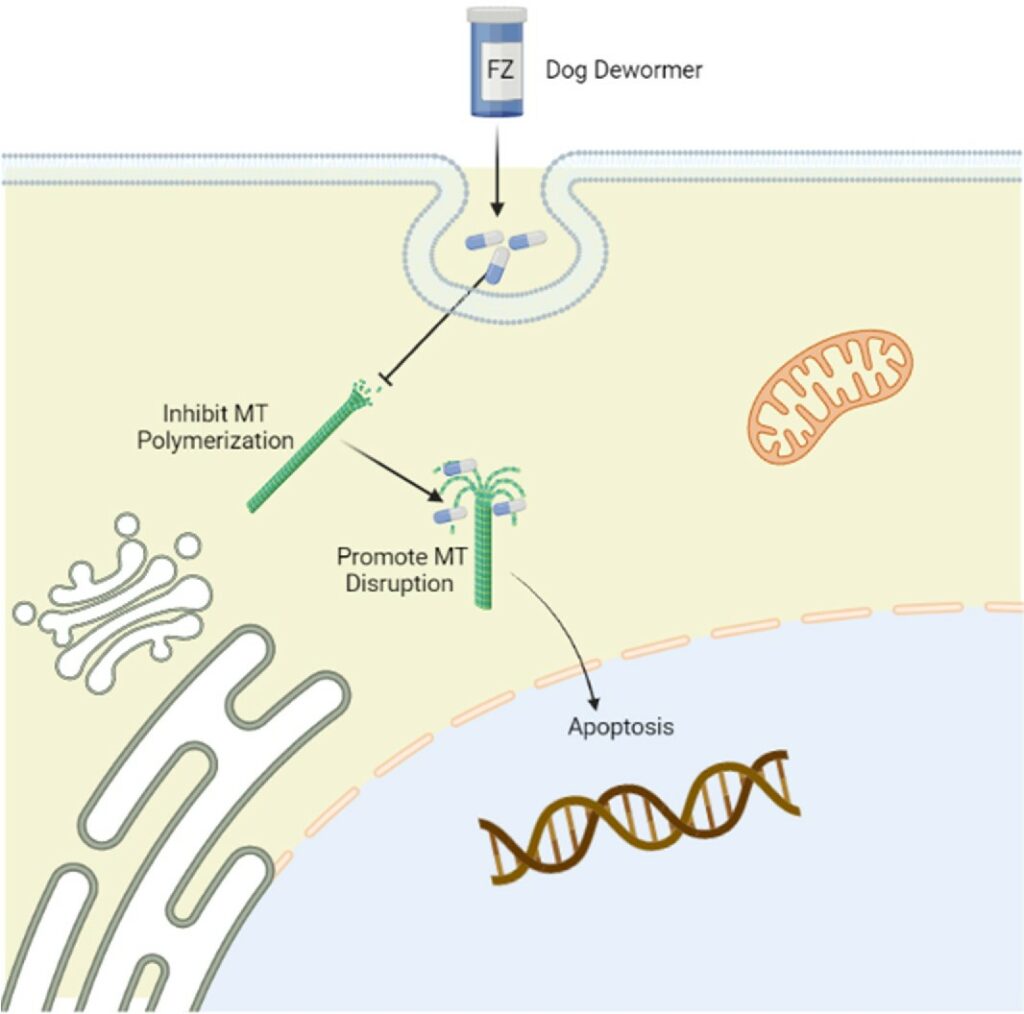
Fenbendazole, a medication typically used to deworm dogs, has surprisingly made its way into conversations about cancer treatment. Originally meant for treating animal parasites, this drug has shown promise in halting the growth of various cancer cells without harming healthy cells.
The interest in Fenbendazole began with personal stories of remarkable recoveries from cancer patients who tried this non-traditional approach. The key component in Fenbendazole works by blocking the metabolic processes of cancer cells, thus inhibiting their development and eventually eliminating them. This action might offer a new path for treatment when conventional methods don’t quite cut it.
Beyond just Fenbendazole, those exploring this alternative treatment often combine it with other supportive substances like Curcumin, CBD oil, berberine, or metformin. This combination seems to enhance the overall effect, increasing Fenbendazole’s ability to combat cancer.
Fenbendazole Cancer Cure
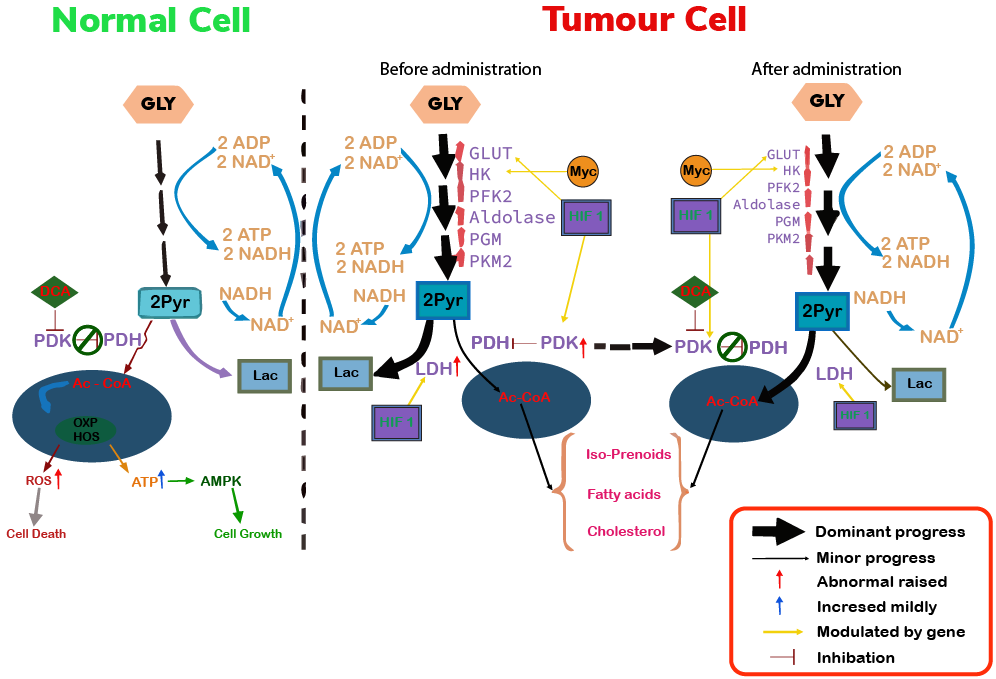
Fenbendazole’s journey towards being recognized as a potential cancer treatment is mostly fueled by personal stories rather than extensive clinical trials. Nonetheless, its safety and absent impact on healthy cells are drawing scientific interest for further exploration and possible clinical studies.
Both DCA and Fenbendazole are part of a growing trend where medications initially designed for one purpose are being repurposed for cancer treatment. As the medical community explores these alternatives, the possibility of delivering cost-effective, efficacious cancer care grows more tangible.
While no medication is entirely free of side effects, fenbendazole is generally considered safe with limited adverse reactions reported in existing scientific data. Yet, it’s important to be mindful of the potential side effects that may occur, particularly with off-label human use.
Some of these include digestive issues and asymptomatic increases in liver enzymes. Despite these concerns, many individuals have reportedly taken fenbendazole daily without experiencing negative effects. To reduce the risk of overstressing ourselves and to avoid liver enzyme elevation issues, it’s wise to include a break day each week, particularly for long-term treatments. This cautionary approach helps ensure the safest use of fenbendazole in cancer therapy.

